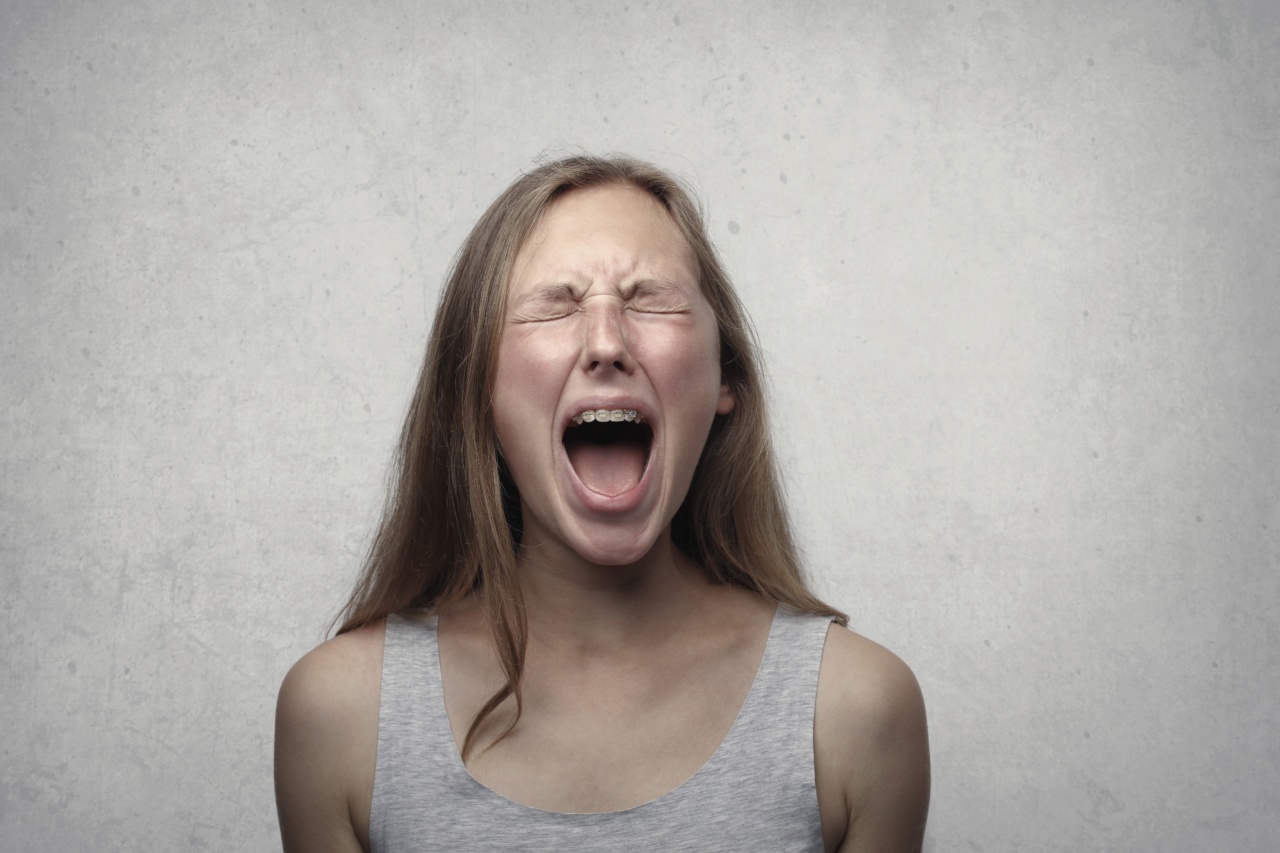Gray hair is often considered a sign of aging. However, graying hair at an early age has become a widespread problem today. Factors such as pollution, unhealthy eating habits, and stress contribute significantly to early onset of gray hair.
If you’re experiencing premature graying of hair, don’t worry, with proper care and precautions, you can prevent it from happening. Here are some practical tips to avoid early graying of hair.
1. Maintain a Balanced Diet
Your hair needs nutrition to stay healthy and lustrous. A balanced diet rich in whole grains, fruits, vegetables, and protein-rich foods can prevent early graying of hair. Add more foods to your diet that are abundant in copper, zinc, and iron.
Foods like almonds, leafy green vegetables, and seafood contain these nutrients that help prevent premature graying of hair.
2. Adequate Sleep
Sleep is essential for overall health and plays a crucial role in reversing the harmful effects of stress. Sleep deprivation leads to hormonal imbalances, leading to premature graying of hair.
Make sure to get 7-9 hours of sleep daily, and avoid the usage of electronic gadgets before going to bed.
3. Stay Hydrated
Drinking enough water is necessary to maintain the essential moisture balance of your hair. Dehydration can cause your hair to become dry, dull, and brittle, eventually leading to early graying of hair.
Drink at least 8-10 glasses of water every day and avoid consuming sugary drinks that dehydrate your body.
4. Avoid Smoking
Smoking reduces blood flow to your scalp, leading to the slow development of hair follicles. The harmful chemicals in cigarettes also damage your hair strands, resulting in breakage and early graying. Quit smoking if you want healthy and shiny hair.
5. Manage Stress
Stress contributes significantly to the premature graying of hair. While stress is an unavoidable part of life, it’s essential to manage it effectively.
Incorporate stress-relieving techniques like yoga, meditation, or deep breathing exercises into your routine to combat stress effectively. Taking time for yourself daily can help keep stress levels under control.
6. Use Natural Hair Products
Chemicals in hair products can damage your hair and scalp, leading to premature graying. Use natural shampoos and conditioners, and avoid products that contain parabens, sulfates, and other harmful chemicals.
Natural hair products are often gentler and work wonders in keeping your hair healthy.
7. Protect Your Hair from Sun Damage
Exposure to the sun’s harmful UV rays can damage hair follicles and contribute to early graying. Always wear a hat or scarf to protect your hair when you’re outside during the daytime.
In addition, avoid swimming for long hours in chlorinated pools as chlorine, and other chemicals can damage your hair.
8. Massage Your Scalp Regularly
Scalp massage stimulates blood flow to the scalp aiding in the absorption of vital nutrients to the hair roots.
Massaging your scalp regularly with essential oils, such as lavender, rosemary, or tea tree, can help prevent hair loss, premature graying and keep your hair healthy and shiny.
9. Take Multivitamins
If you’re not getting enough nutrients from your diet, taking vitamin supplements can aid in hair growth and prevent premature graying.
Vitamin B-12 and vitamin D are essential for healthy hair; they help rejuvenate hair follicles and prevent oxidative stress, ultimately resulting in lustrous hair.
10. Practice Good Hair Hygiene
Good hair hygiene not only keeps your hair healthy and clean but also prevents early graying. Wash your hair at least twice a week with mild shampoo and conditioner to keep them clean and nourished.
Don’t over shampoo as it can strip your hair of natural oils that are essential for healthy hair.































